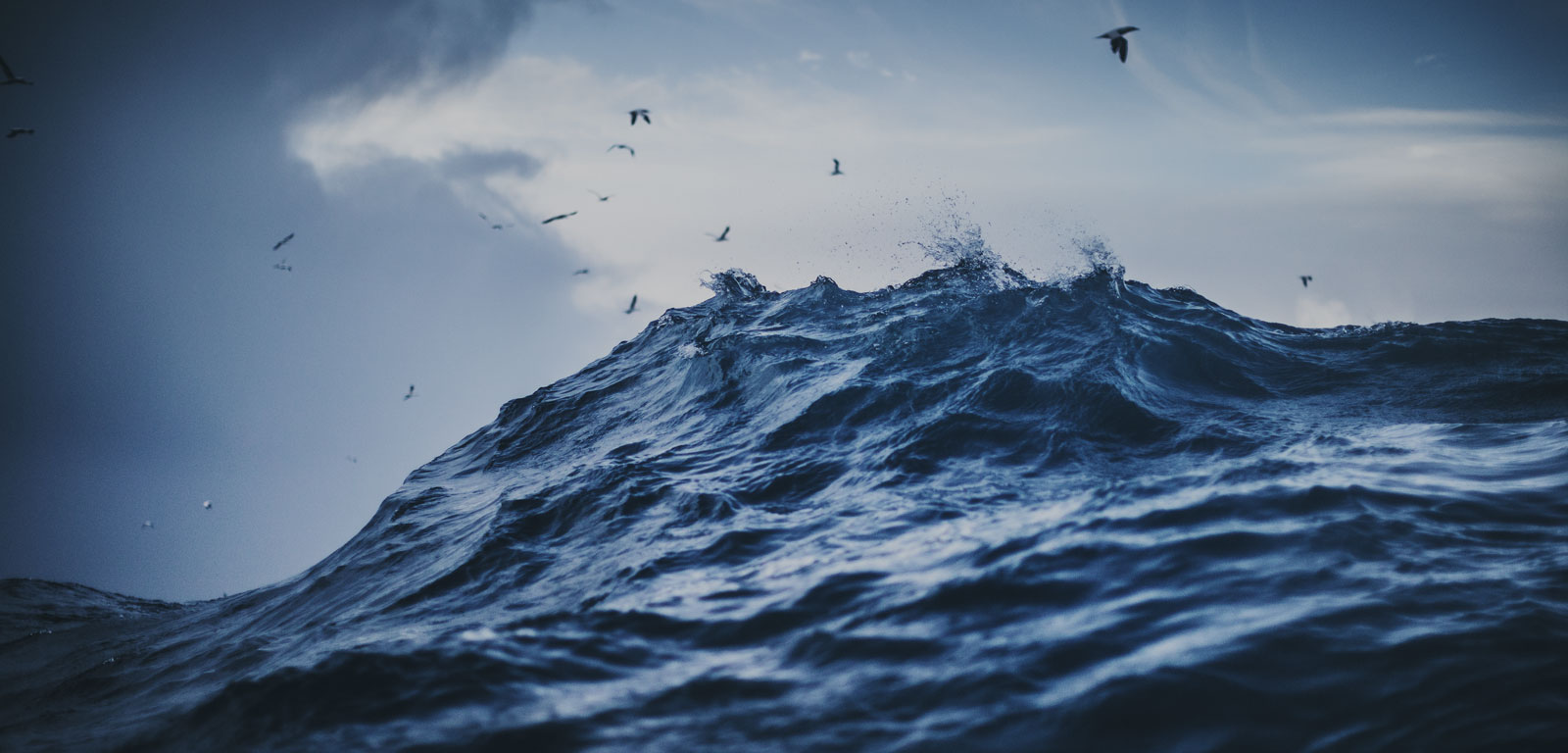About the course
This course is not offered since 2023/2024
Overall, oceans and seas contain more biological diversity than terrestrial and freshwater ecosystems. Marine ecosystems play a key role in climate and weather patterns. Indispensable to life itself, the marine environment is also a great contributor to economic prosperity, social well-being and quality of life.
Although the socio-economic relevance of the aforementioned issues may often remain underrated by society, mankind impact on the marine environment is all too frequently demonstrated. Oils spill response (Exxon, Erika, Prestige, Deep Sea Horizon) requires the input of multidisciplinary staff (oceanographers, marine biologists, chemists, geologists, and environmental managers. Climate change effects, such as surface seawater warming, sea-level raising and ocean acidification and eutrophication, are a matter of increasing concern for governments, scientists and society. These are exemplary problems; none can be solved separately. Growth prospects for the ocean economy and its potential for employment creation will be successful only if ocean health is duly preserved (The Ocean Economy in 2030, OECD 2016). The growth of a number of marine industries over recent decades points to greater levels of exploitation and hence demand for trained staff who understand the marine environment.
There is a need for training in the understanding the consequences of climate change; the sustainable management of the coastal zone; the protection of marine and coastal ecosystem; and the conservation of biodiversity and ocean natural heritage.
* For more information about the price, please see the master's programme secretary.





